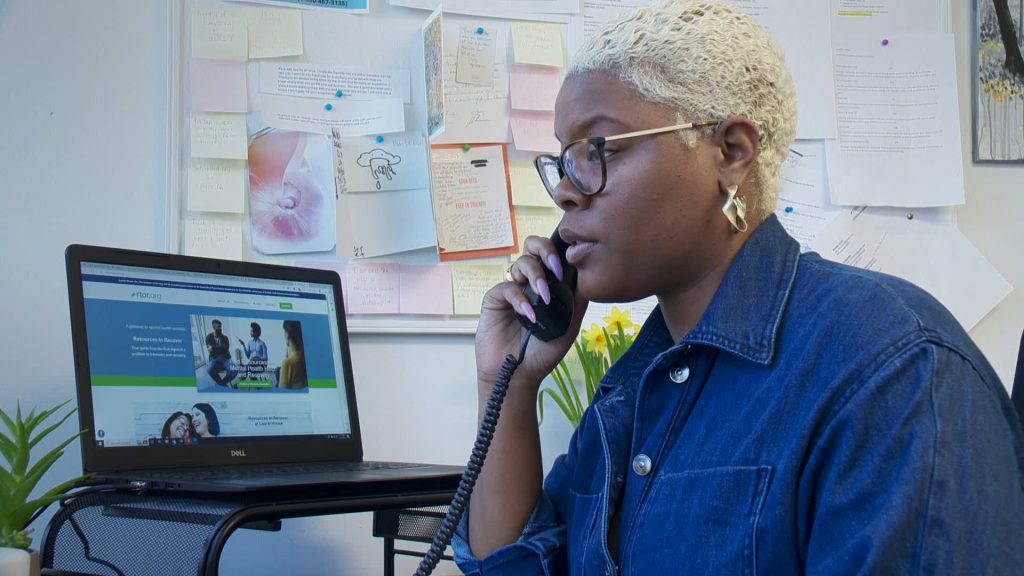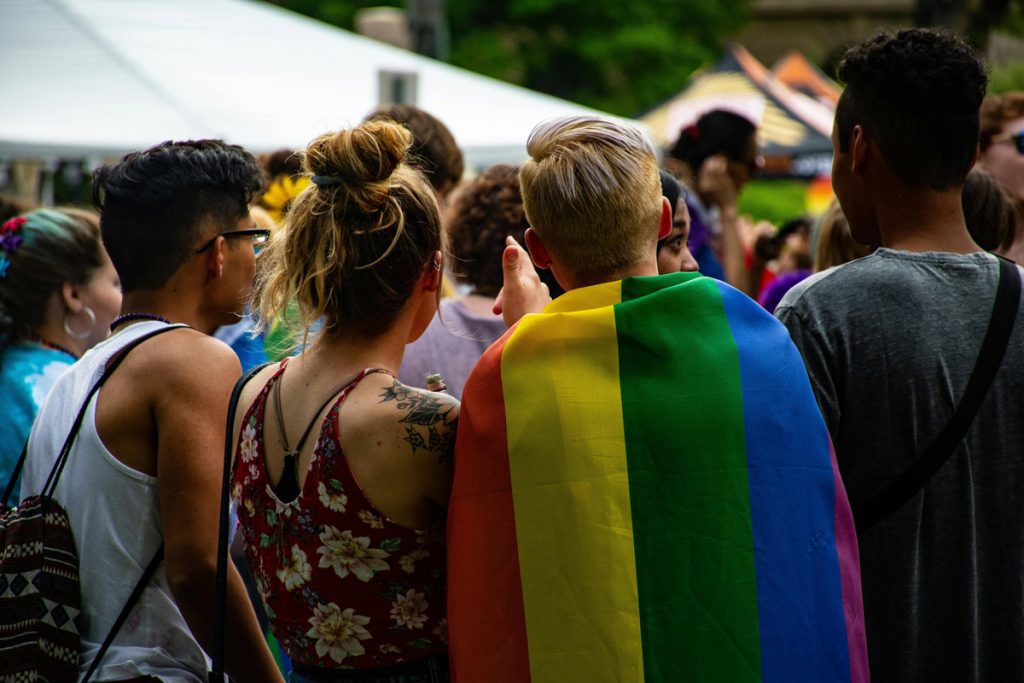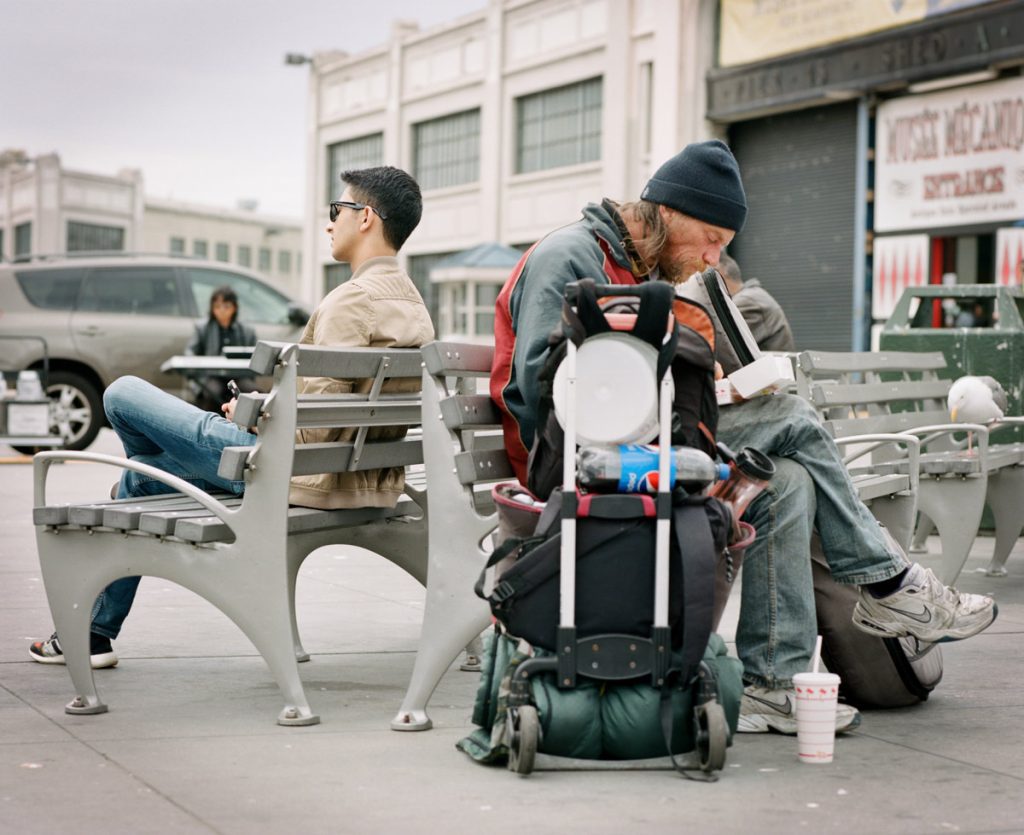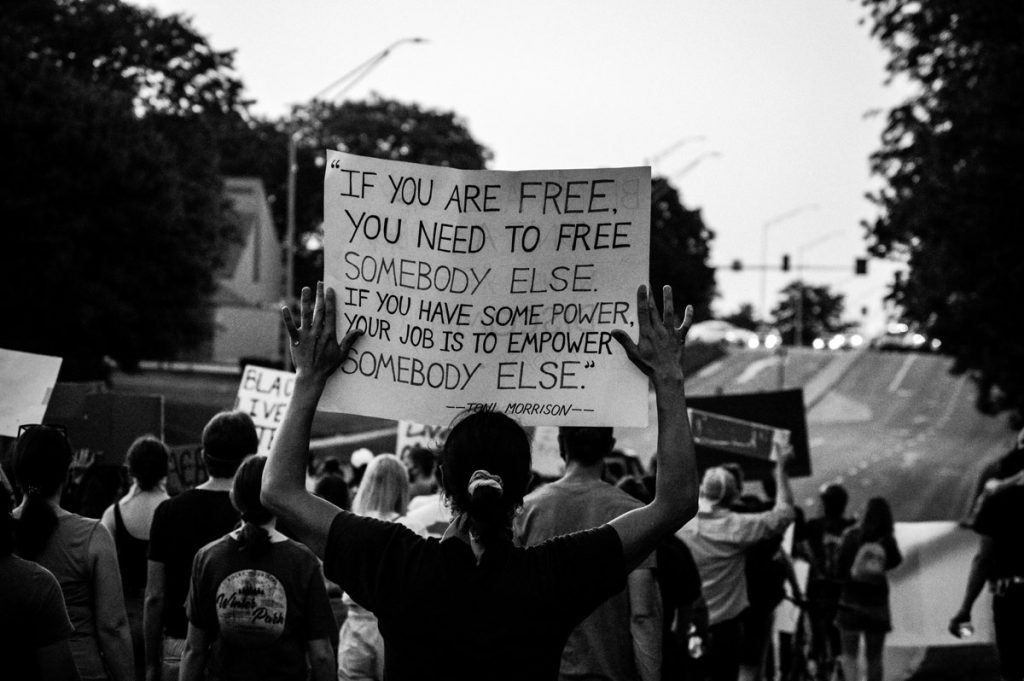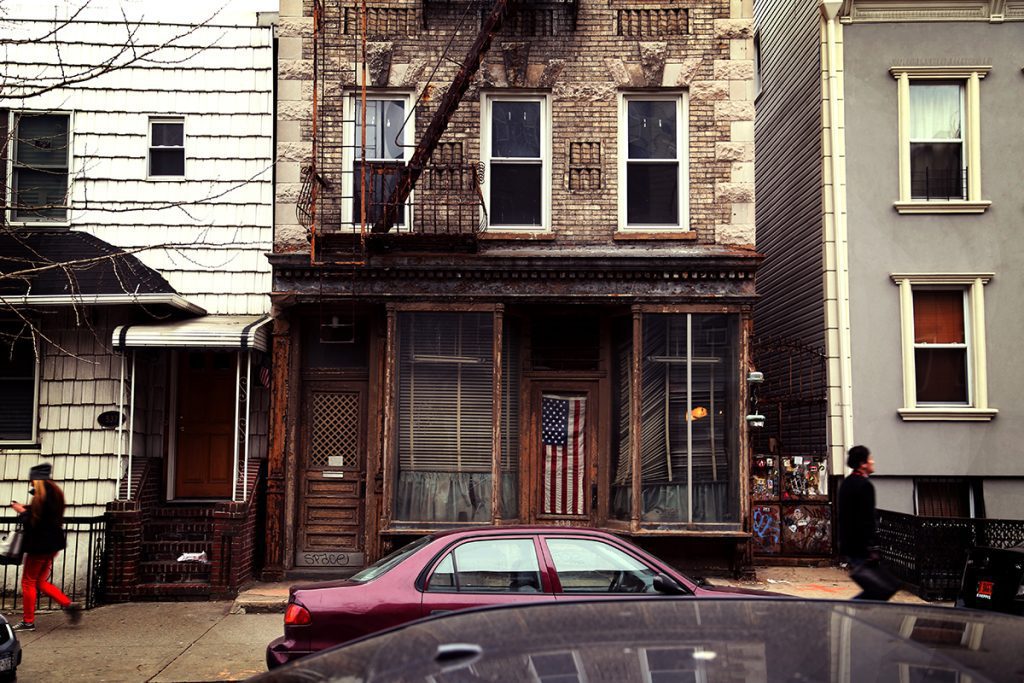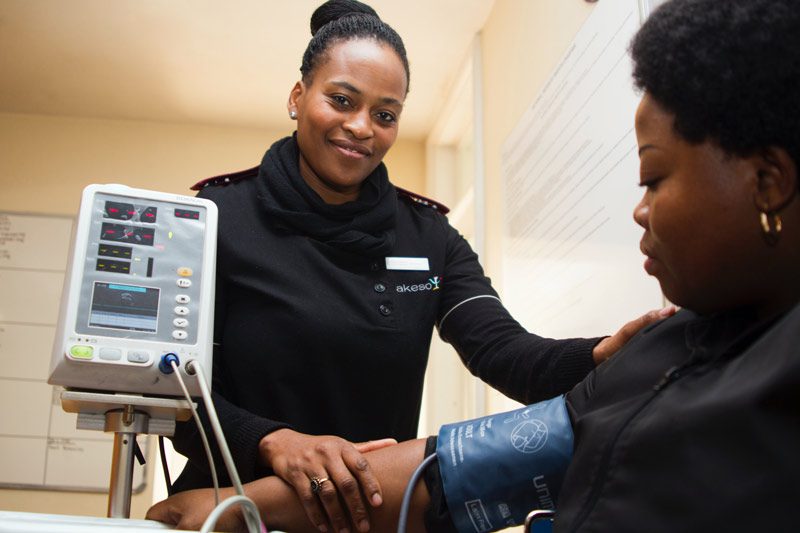Breaking Down the Barriers to Care
| Barriers to care for People of Color (POC)* |
|---|
| Racial trauma can increase the risk of POC having post-traumatic stress disorder. |
| While POC have rates of mental health disorders similar to Whites, these disorders are more likely to last longer and result in more significant disability for POC. |
| Fifty-two percent of Whites living with mental illness received mental health services in 2020, compared to 37.1% of Blacks and 35% of Hispanics. |
| More than 80% of Black Americans are very concerned about the stigma associated with mental illness, which discourages them from seeking treatment. |
| More BIPOC Mental Health Facts |
Mental Health Equity and Access to Care Survey
Most people with mental health or substance use problems don’t get the help they need. We would like to know the reasons why so we can help more people from your community get the care and support they need. Please share your opinions on how to improve access to mental health and addiction services in your community. This is a confidential survey.
Take the SurveyMaking mental health and substance use services available to all
Health inequities in the United States are reflected in differences in the average length of life, rates of disability, severity of illness, and access to treatment. Mental health equity will be achieved when all people have the opportunity to attain their full health potential.
What to do when someone needs help
If you or a loved one is struggling with mental health or substance use, it’s best to tell someone. It may help to talk to an understanding friend or family member.
You can talk to one of our Resource Specialists for free support and information on mental health and substance use services in your area that can help.
Our Resource Specialist can help you find expert mental health resources to recover in your community. Contact us now for more information on this free service to our users.
Related Articles
www.rtor.org and its sponsor, Laurel House, Inc., are committed to the advancement of racial equity and social justice, and to making mental health services available to all.



